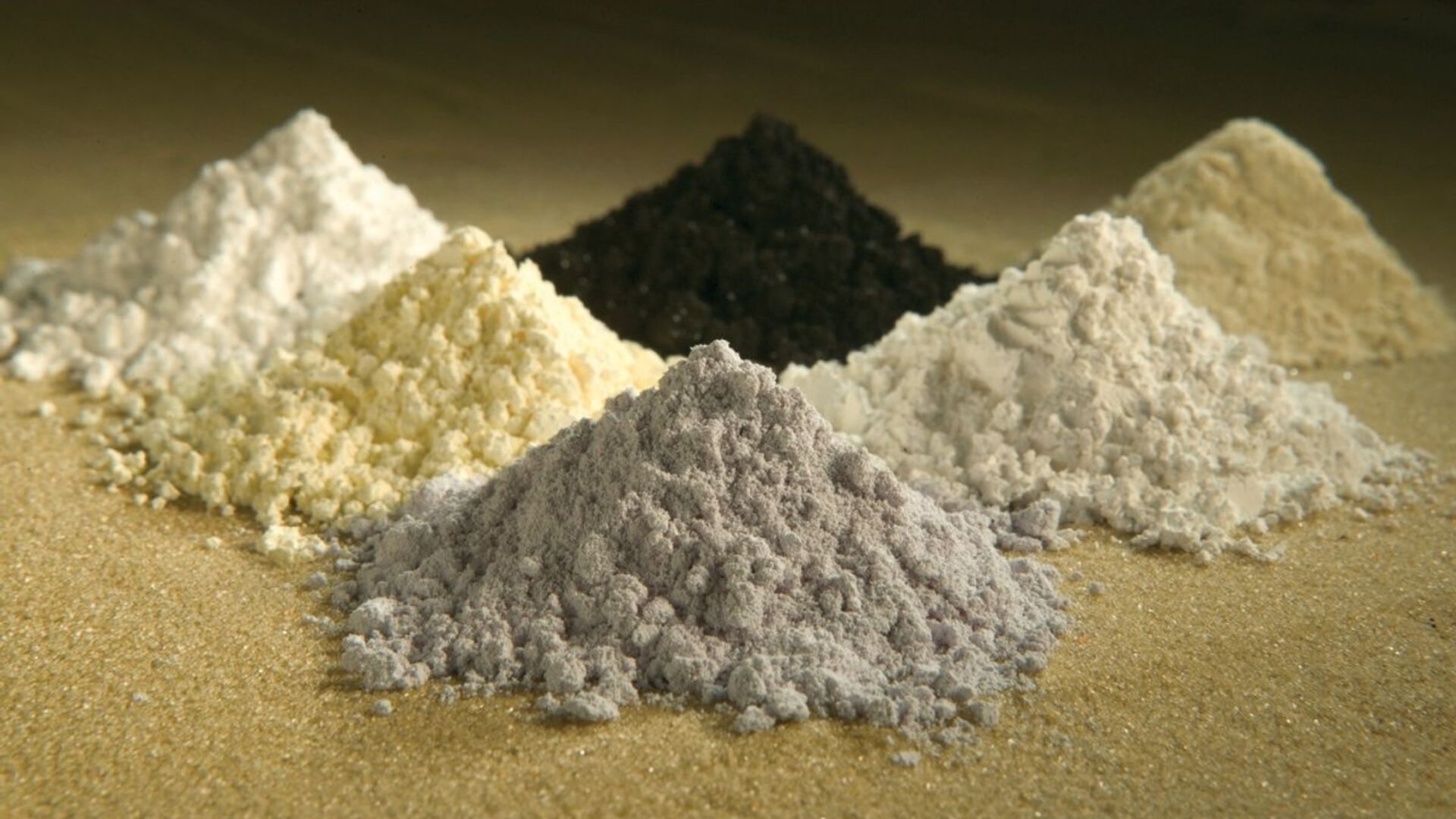Burundi Stands Up to Foreign Mining Firms, Bans Rare Earth Exports Without Better Profit-Sharing

CC0 / /
Subscribe
A former German-Belgian colony, Burundi has remained poor long after independence thanks to decades of civil war along ethnic lines drawn and amplified to ease colonial rule and unequal extraction arrangements signed with multinational corporations.
Burundi’s government has clamped down on what it says are unfair deals with foreign mining companies, blocking exports of high-demand rare earth metals until profits from the operation are more equitably shared with the impoverished country.
"The state, which owns the soil and minerals, is not making a profit as it should,” Ibrahim Uwizeye, Burundi’s Minister of Water, Energy and Minerals, said to a group of mining firms doing business in the country in a recent letter that was recently viewed by AFP.
Describing the agreements as “unbalanced,” Uwizeye wrote, "We want to renegotiate all these agreements for the benefit of the people, because these minerals must be used to finance the development of the country.”
Uwizeye further told Xinhua News Agency that he had previously asked the companies in April to stop exporting minerals; now he’s asked them to stop mining altogether until the issue of profits is settled.
"I have invited owners of mining companies to renegotiate new terms that benefit them and the people of Burundi," he told the Chinese news service, emphasizing he expects “equal sharing” of the central African country’s wealth.
"We want to renegotiate all these agreements for the benefit of Burundian people who look to these minerals to finance the development of the country," Uwizeye told Turkey’s Anadolu Agency in a separate interview.
Mining Offers Big Hopes, Small Cuts
According to Anadolu, Burundi expects to make just $1.5 million from mining in fiscal year 2021.
While mining doesn’t form a major part of Burundi’s economic activity, it is a majority of the country’s exports and its largest source of foreign currency. In 2019, nearly half the country’s exports were of gold, to the tune of $137 million. More recently, rare earth metal mining has become a major potential source of wealth.
A 10-year development plan unveiled in 2017 hoped to expand mining operations by as much as 47%, which would fuel economic growth of up to 10.7%.
The only operating mine in Africa for rare earth metals, a group of 17 reactive metals and useful metals often found together, is the Garaka project in western Burundi, operated by Rainbow Rare Earths, a firm listed in the United Kingdom.
In 2015, Rainbow was granted a 25-year mining license on a 39-square-kilometer plot of land; the Burundian government owns 10% of the company. It began exporting rare earths in late 2017 and in 2018, exported 1,000 metric tons of rare earth oxides, making it the ninth largest exporter in the world that year, according to the US Geological Survey.
Rare earths aren’t rare in the Earth’s crust, but their expensive and toxic processing makes them highly prized. They’re used in everything from making powerful magnets to the catalytic converters in automobiles and, perhaps most essentially, the manufacturing of electronics.
Burundi’s rare earth deposits are said by Rainbow to be some of the world’s highest-quality deposits, particularly due to the near-absence of uranium in the ores, which greatly increases the safety of processing and decreases its cost.
Another company, African Mining Burundi Ltd., was granted a license to mine gold at nine sites in Burundi in 2018, and the government obtained a 15% stake in the company, Bloomberg reported at the time.
Trade War Fuels Investment
As the trade war between the US and China heated up in 2019, China’s production of rare earths became a pawn in the struggle, and Beijing threatened to cut off its supply to the world. That year, the country produced 120,000 tons of rare earths, nearly 80% of the world total. The crunch sent the US looking for other sources, and the US Defense Logistics Agency (DLA) began investing in mines outside China, including Rainbow and its operation at Garaka.
In October 2020, the DLA put $25 million into TechMet, a Dublin-based firm that began a £3 million partnership with Rainbow in 2018 to develop a rare earths processing facility outside Africa, likely in the United States, according to the Financial Times.
TechMet, in turn, was founded in 2017 by Brian Menell, a former executive from the South African diamond mining near-monopoly De Beers and holding conglomerate Anglovaal. It also operates a tin and tungsten mine in Rwanda, a lithium-ion battery project in Canada, and is developing a nickel and cobalt mine in Brazil.
Smelling blood in the water, Rainbow’s CEO, George Bennett, told The Africa Report in 2019 that he anticipated the Garaka site could produce 10,000 tons of rare earths for 10 years - although he told the Financial Times it might be 20,000 tons, equivalent to the national output of rare earths by Australia, the world’s second-largest producer.



